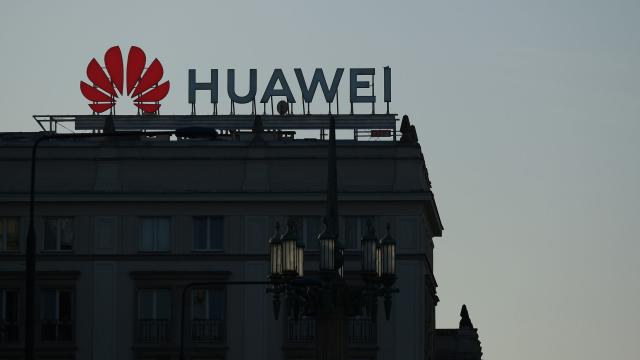The U.S. Federal Communications Commission is moving forward with new restrictions on doing business with tech giants Huawei and ZTE, with chairman Ajit Pai setting a November 19 date for vote on a proposal to bar U.S. firms that receive federal subsidies from purchasing the Chinese firms’ telecom equipment.
According to the Wall Street Journal, that would designate both companies as national security threats as well as effectively bar them from participating in an $12 billion fund to expand rural internet access—the main market for either firm’s telecommunications business stateside. That could go into effect within 30 days of a vote, though up to 120 days if either firm contests it, an FCC source told the Journal.
In another escalation, the FCC is considering mandating that U.S. companies replace Huawei and ZTE equipment they have already installed (in line with Pai’s argument that said equipment is a major security risk).
TechCrunch reported that the FCC is considering a program to reimburse carriers for any equipment that would need to be replaced. In a press call, the site reported, the FCC said that “a number” of smaller U.S. carriers used the federal fund to purchase Huawei gear and that the draft order would “establish a process for designating other suppliers that pose a national security threat.”
An FCC spokesperson denied to the Journal that the decision was motivated by the ongoing U.S.-China trade war and instead by U.S. intelligence agencies’ repeated assertions that Chinese tech companies could be vehicles for espionage (The CIA has reportedly claimed to members of the anglophone “Five Eyes” intelligence alliance that Huawei is at least partially backed by Chinese security services).
Huawei has strongly denied the allegations, though it is facing additional problems stateside ranging from a federal trade theft case to the status of its chief financial officer Meng Wanzhou, who the U.S. says violated sanctions on Iran and committed banking fraud. Meng is currently fighting extradition to the U.S. in Canadian court.
Donald Trump’s administration has already blacklisted Huawei and ZTE from the federal procurement process, meaning U.S. agencies cannot use their equipment.
Huawei has also been hit with additional sanctions on its business that have effectively banned it from purchasing U.S. technology; one of the harder blows was when its consumer tech business was cut off from Google’s Android ecosystem. The company recently reported healthy sales growth despite the restrictions, likely frustrating U.S. officials.
